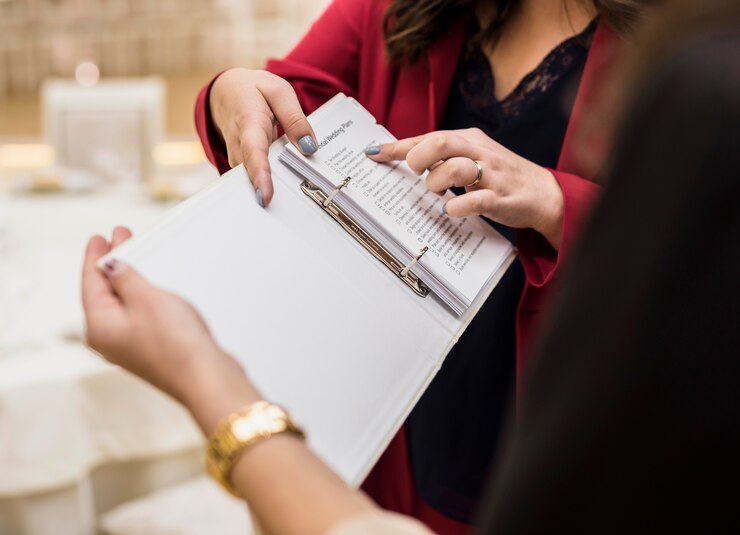
Step-by-Step Guide to Marriage Registration: What You Need to Know
A marriage certificate is a legal document that confirms two individuals are legally married. Marriages in India need registration under the Hindu Marriage Act, 1955 or the Special Marriage Act, 1954. In 2006, The Honorable Supreme Court made it obligatory in India to have a marriage legally registered to be recognized as a union.
While the majority of people in India know that it is obligatory to get a marriage registered, they lack knowledge and information about the registration process. This may lead them to end up paying excessively to an agent, ultimately facing a lot of trouble. To help you get the right information, we compiled the marriage registration steps in this blog.
Step-By-Step Procedure To Get Marriage Registered in India
The marriage registration process is simple and requires you to follow the steps mentioned below:
Eligibility Check
Both parties must meet legal requirements, like consent, age, prohibited relationships, etc.
Visit Marriage Registrar Office
Visit the local office of the marriage registrar where either party has lived for at least 30 days.
Get Application Form
Get the marriage registration form from the registrar’s office.
Fill the Form
Fill the registration form with correct details like your name, address and other personal details.
Attach Documents
The parties must attach the required documents along with the marriage registration form. These documents include age and identification proofs, photographs, resident proof and more.
Seek Professional Help
If you feel the process exhausting or find it difficult to understand the registration formalities, you can prefer seeking assistance from family court lawyers in Bangalore. These professionals will help you during the entire process of your marriage registration.
Submit Application
The parties are then required to submit the form with all the documents attached to the marriage registrar’s office.
Verification and Publication
The notice of the intended marriage is then put up at the office, inviting objections, if needed, in the period of 30 days.
Objection Handling
The step involves resolving the objections, if any raised within the time frame specified. The registrar will investigate and try resolving the disputes.
Declaration and Signatures
The parties then sign a solemn declaration expressing their intention to marry each other. Both parties sign this declaration in presence of the marriage registrar.
Witnesses
The marriage registration process requires two witnesses at the time of registration. The witnesses must visit with the valid ID proof.
Approval by the Registrar
The marriage registrar reviews the marriage form and documents submitted. After gaining satisfaction on the documents, the registrar then issues his approval.
Receive Marriage Certificate
Once the parties get the approval from the registrar, they can collect the marriage certificate from the office. It can take one or two weeks to get the marriage certificate.
Legal Validation
After the marriage is registered and a certificate issued, the marriage is now legally recognized.
Why Is Marriage Registration Obligatory?
These are some reasons that marriage registration will actually benefit you:
Legal Security
It provides a legal foundation to your union, safeguarding your rights arising from legal issues like inheritance of property, ownership of properties, succession, etc.
Simplify Processes
A marriage certificate makes it easy to complete any future legal process that requires evidence of marriage, like applying for visas or loans.
Dispute Resolution
In the scenario of any disagreements, a legally registered marriage offers a strong legal standing.
Wrapping Up!
We tried our best to cover every relatable aspect about the marriage registration process in India in this blog. Since marriage registration is an essential legal procedure to make your marriage a legal binding union. By understanding the registration procedure, the parties can handle the process easily.





